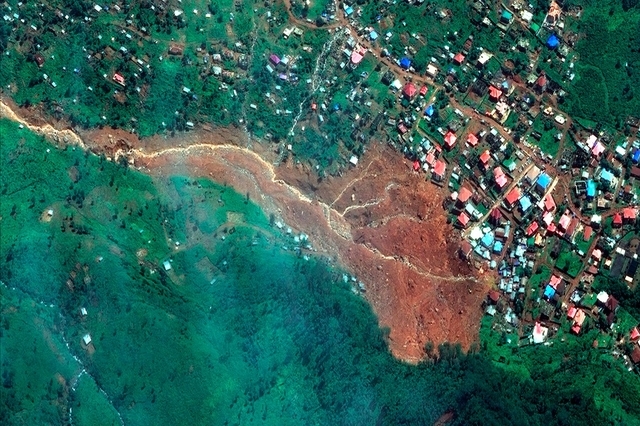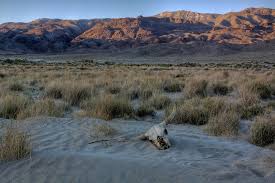FREETOWN'S FLOODINGS : Natural or political hazard?

"For forty days the flood kept coming on the earth, and as the waters increased they lifted the ark high above the earth. 18 The waters rose and increased greatly on the earth, and the ark floated on the surface of the water. 19 They rose greatly on the earth, and all the high mountains under the entire heavens were covered. 20 The waters rose and covered the mountains to a depth of more than fifteen cubits.[ a ][ b ] 21 Every living thing that moved on land perished—birds, livestock, wild animals, all the creatures that swarm over the earth, and all mankind. 22 Everything on dry land that had the breath of life in its nostrils died." Bible - Genesis 7 - BibleGetaway A long time ago, humans were afraid about rainfall. It has been for a long time an significant natural threat for humans, and many myths and legends are based on disasters caused by water flows. In Freetown, it continues to be a nightmare. Freetown Case Study: Facts : Fre


